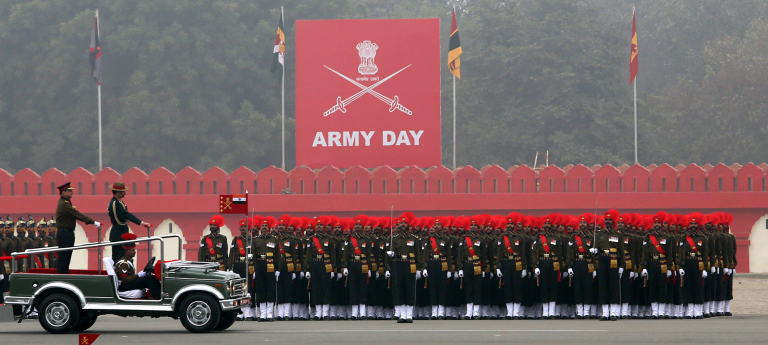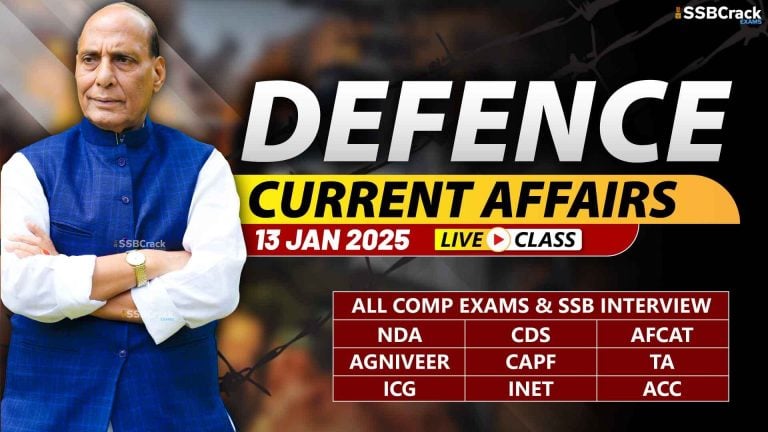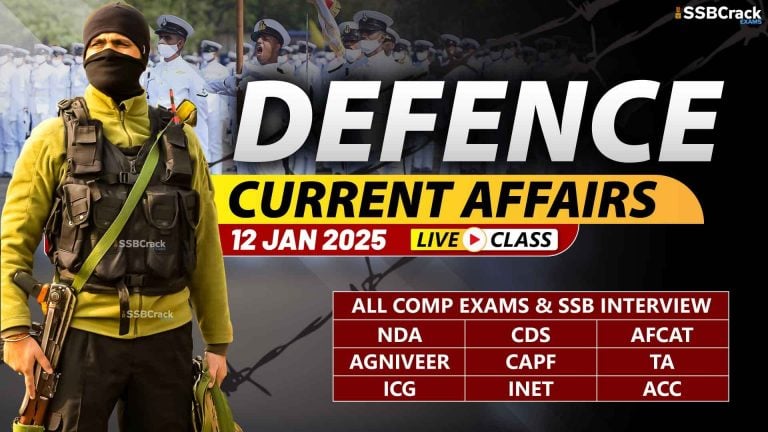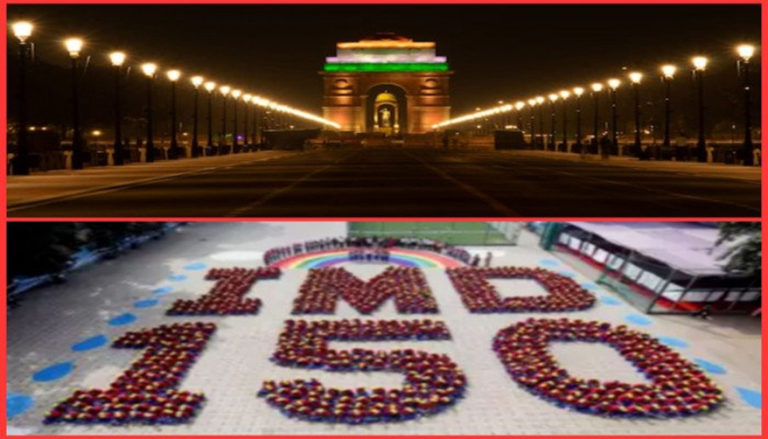Strategic Forces Command (SFC), along with DRDO conducted the successful flight-test of New Generation Ballistic Missile Agni-Prime from Dr APJ Abdul Kalam Island off the coast of Odisha at around 1900 hrs on April 03, 2024.
New Generation Ballistic Missile Agni-prime Successfully Flight Tested
Strategic Forces Command (SFC), along with DRDO conducted the successful flight-test of New Generation Ballistic Missile Agni-Prime from Dr APJ Abdul Kalam Island off the coast of Odisha at around 1900 hrs on April 03, 2024. The test met all the trial objectives validating its reliable performance, as confirmed from the data captured by a number of range sensors deployed at different locations, including two downrange ships placed at the terminal point. The launch was witnessed by the Chief of Defence Staff, Chief of Strategic Forces Command and senior officials from DRDO & the Indian Army.
A two-stage canisterised missile (under development) has been successfully flight tested in June 2023.
The missile is capable of delivering a number of warheads at separate locations at a distance of 1,000 – 2,000 km.
Agni II: Range more than 2000 km.
Agni III: Range of more than 2,500 Km
Agni IV: Range is more than 3,500 km and can fire from a road-mobile launcher.
Agni-V: The longest of the Agni series, an Inter-Continental Ballistic Missile (ICBM) with a range of over 5,000 km.
Strategic Forces Command
SFC, sometimes called Strategic Nuclear Command, forms part of India’s Nuclear Command Authority. It is responsible for the management and administration of the country’s tactical and strategic nuclear weapons stockpile. It was created on 4 January 2003 by the Vajpayee Government. It is the responsibility of the Strategic Forces Command to operationalize the directives of the NCA under the leadership of a Commander-in-Chief who is a three-star rank officer.









